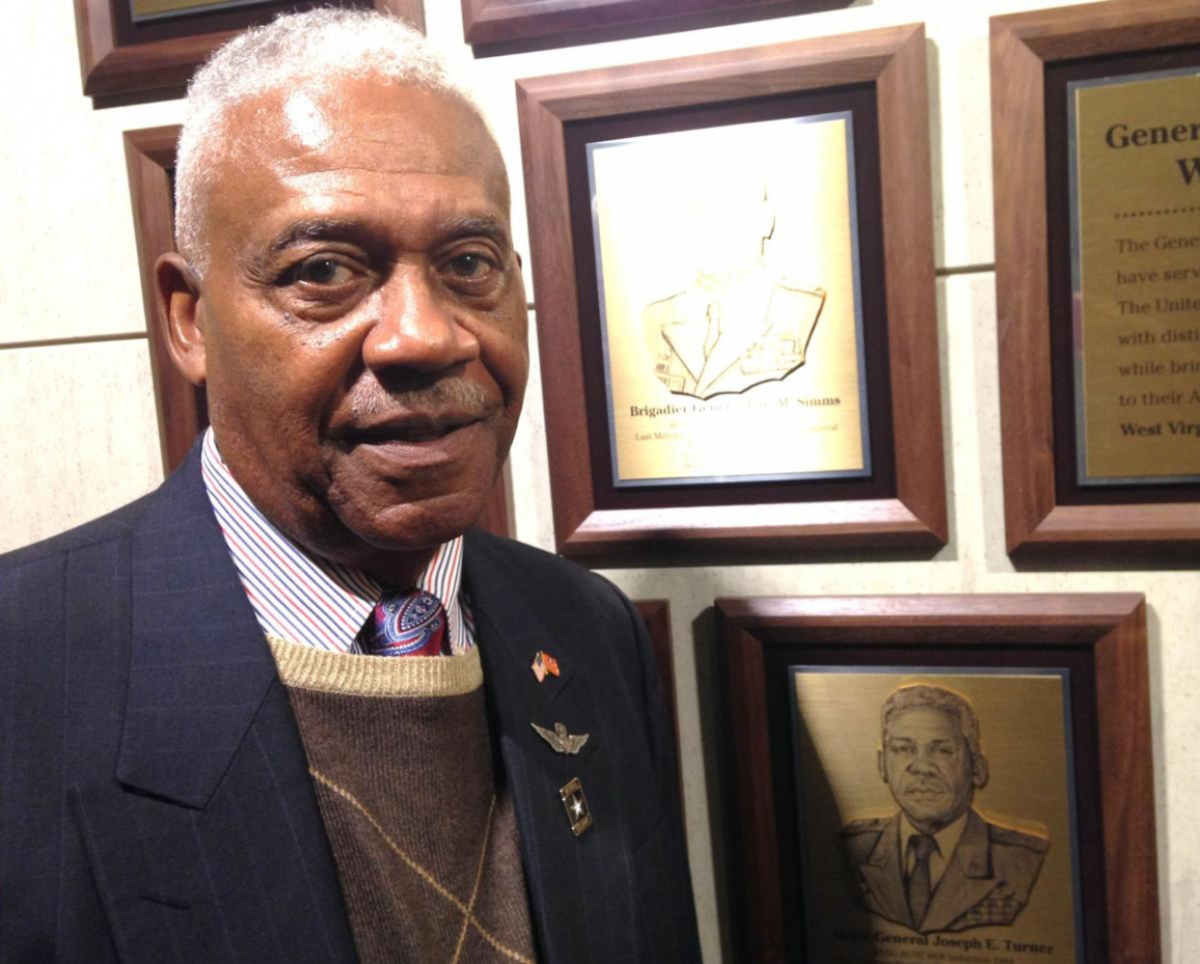This article was originally published by expatalachians.
Appalachian folk have a complicated relationship with leaving. It’s a tension that shows up in regional media all the time: In stories about small towns working to keep their young people, about Appalachian millennials leaving New York to go back home, and, more negatively, about how folks in the region should just pack up and get out of dodge.
This isn’t one of those stories. As one might surmise from the name expatalachians, I’ve already left Appalachia, and I’m not certain I’ll ever live there again. And although I’m sympathetic to helping young people stay in the region, I also understand why they choose to leave. As I’ve written about elsewhere, folks have moved into and out of Appalachia looking for a better life for over a century, and I won’t begrudge the current generation for doing the same.
Instead, I’m interested in discussing the possibilities leaving presents for Appalachia. Rather than enjoining people to stay or shaming them for going, I would argue conversations about leaving the region should instead focus on how to incorporate the Appalachian diaspora into regional conversations from where they are. Doing so successfully would not only expand our view of the Appalachian experience but also, with millions of Appalachian migrants and their descendants living outside the region, meaning we could better draw on migrants’ diverse backgrounds and resources in addressing Appalachia’s problems.
Doing this properly means wrestling with several fundamental questions. The one I would like to address here is where Appalachian migrants should fit in discussions about the region. Having left the region, to what extent can and should migrants claim a seat at the table in conversations about Appalachia, and when might their voices usefully contribute to discussions of its issues?
This question has gained increased urgency following the publication of Hillbilly Elegy by JD Vance, a descendant of Appalachian migrants raised in Southwest Ohio. I don’t care much for JD Vance’s views on Appalachia, or the solutions he offers to its problems. However, in addition to critiquing Vance’s arguments, a particular line of Hillbilly Elegy criticism has focused on his lack of Appalachian credentials due to his being raised in Middletown, Ohio.
Wherever you come out on the debate, this line of criticism highlights the ambiguities Appalachian migrants face in trying to address the region. On the one hand, I personally find it hard to deny Vance’s identification as Appalachian. Although not part of Appalachia, the region where he grew up, southwest Ohio, was a major destination for Appalachian migrants in the 20th century, and the Appalachian migrant identity remains relevant there. Furthermore, I fear this kind of territorial gatekeeping threatens to exclude those in the diaspora who sincerely and legitimately identify as Appalachian.
On the other hand, Appalachian migrants, including Vance, must also recognize their unique position in speaking from outside the region. Just as a well-off professor in Morgantown has a different experience from a glassmaker in Clarksburg, so too is an Appalachian migrant’s experience of the region different from someone who stays. Those of us who’ve been outside the region for several years must accept that both we and the region may have changed since our departure, and that our experiences “abroad” mean we can no longer claim to speak as “typical Appalachians,” if we ever could.
Moreover, while we may strongly identify with the region and its people, we must also accept that, in having left, our stake in the game is different from those who remain. As such, our role and our degree of power in deciding the future of the region should be different.
Of course, this does not mean migrants have nothing to contribute. On the contrary, in return for giving up our claims to being typical Appalachians, we have gained new experiences and insights that can benefit the region if used properly. One of expatalachians’ founding goals was to create a place to share and debate these insights. Almost one year on, I’m proud of the fresh perspectives we’ve been able to inject into conversations about Appalachian history, politics, economics, environmental issues, literature, and more.
What other forms Appalachian migrant organizing may take remains an open question. In the past, migrants have created explicitly “Appalachian” organizations to agitate for better public services, state-specific clubs to commemorate their heritage, and hometown associations to network and reminisce.
As we are currently undergoing a renaissance in Appalachian organizing, diaspora activists would do well to look back on these experiences and think creatively about what kind of community they hope to create, and to what end. Whatever form it takes, for me Appalachian migrant organizing means prioritizing at least three goals.
First and foremost, in light of the Appalachian identity movement’s uncomfortable relationship with racism and exclusivism, we must strive to build a diverse and cross-sectional movement that includes Appalachian migrants of all backgrounds, regardless of race, class, indigeneity, religion, gender, sexual orientation, or any other factor.
Secondly, while preserving a personal connection to the region is important in Appalachian migrant organizing, we must also seek to critically address and work toward resolving problems back home, be it through scholarship, donations, economic investment, volunteering, activism, or other endeavors. These problems must include not only pressing issues affecting the region, like the opioid crisis and poverty, but also deeper structural factors that are often ignored, including the present-day realities of racism and colonization.
Finally, to return to my original point, we must organize in solidarity both with fellow migrants and with folks back home while being cognizant of our different positions. This shouldn’t just be an Appalachian migrant investment fund that seeks to “innovate” Appalachia while maintaining control. Rather, we must strive to build meaningful relationships and organizational structures between migrants and home communities so that, in seeking to promote positive change, we don’t take power away from the region and the people ultimately supposed to benefit from it.
Nicholas Brumfield is a native of Parkersburg, WV currently working in Arlington, VA. He is also a 2007 recipient of the West Virginia Golden Horseshoe for exceptional knowledge of West Virginia history. For more hot takes on Appalachia and Ohio politics, follow him on Twitter: @NickJBrumfield.



